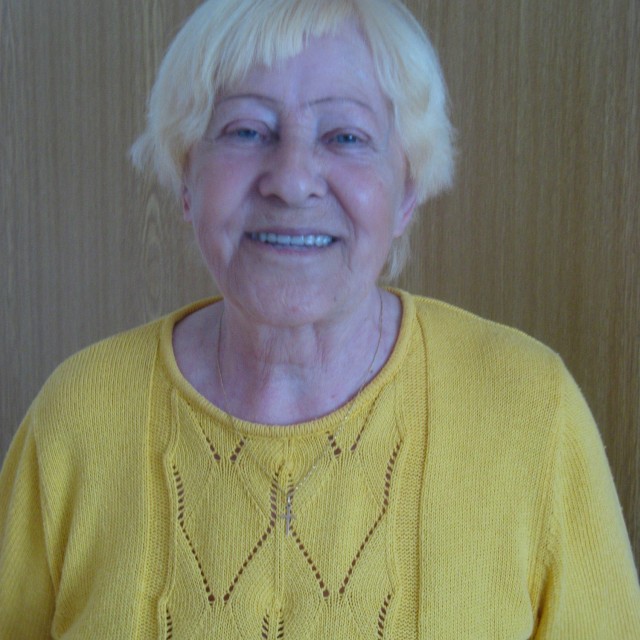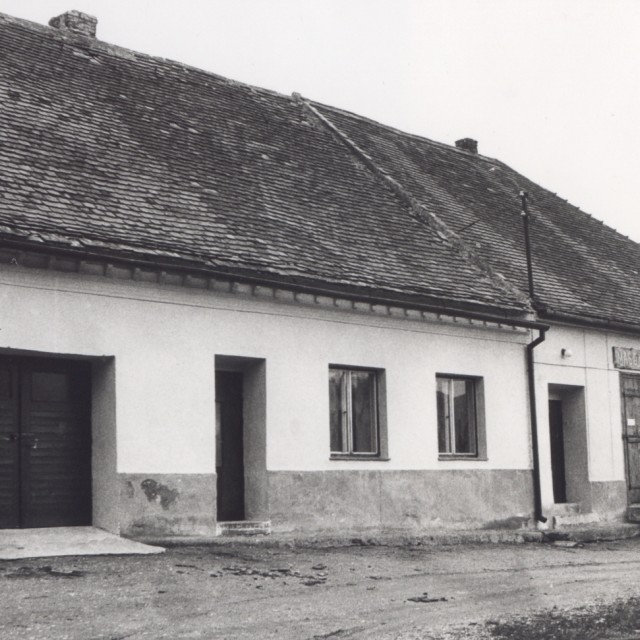
The Světlana resistance organization
The so-called "Světlana" group, one of the largest anti-resistance organizations in Czechoslovakia, is only being spoken about in recent years. Its activities still haven't been sufficiently explored. Its task was to create individual resistance groups involved primarily in the gathering of intelligence information, the production and dissemination of illegal material, obtaining weapons or helping people to escape from the country. The core group consisted of guerrillas from Wallachia, but people from other parts of Moravia were involved as well, for example from the region of Brno, Vyškov, Vsetín, and the Austrian border. One of the leading figures in the group was Josef Vávra called "old man" who, after World War II, co-founded the Association of Czech partisans. One of Vávra's biggest achievements was the establishment of a guerrilla self-help group working in Zlín, called Partkol. This production collective was supposed to become a kind of an economic and social base for the Moravian guerrillas. Vávra himself took up the post of chairman and some of the major posts in the collective were taken up by Vávra's closest associates. His popularity among Moravian guerrillas continued to grow, but for the "higher power", he was becoming uncomfortable. He was gradually ousted from positions of power in the central guerrilla organs, and he eventually found himself in isolation. During the February events, he made one last unsuccessful attempt to establish the Zlín Regional Action Committee of the SČP and to become its chairman, but he was subsequently deprived of all of his remaining positions, including the presidency in the Partkol, and excluded from the SČP. In due tim,e he decided to leave to France. He entrusted Rudolf Lenhard with the leadership of the guerrilla resistance. In September 1948, he urged Lenhard and his faithful in a letter to set up an illegal organization named after his daughter, Světlana. The group gradually expanded. In 1949, however, it was infiltrated by agents of the secret police. Since March 1949 to May 1950, the secret state police arrested over 400 people in the Moravian-Slovak borderlands, but also in southern and central Moravia. The prosecutor's office along with investigators from the State Police created sixteen resistance groups of the members of the Světlana organization and tried them since April 1952 over the course of two years in altogether sixteen processes. 283 people were to serve high prison sentences. Overall, the state court handed out sixteen death sentences, thirteen of which were executed. Information about the Světlana group has been published on the website of the Institute for the Study of Totalitarian Regimes, in Michaela Lišková's thesis or in an article on the website protikomunisticke.misto.cz.



